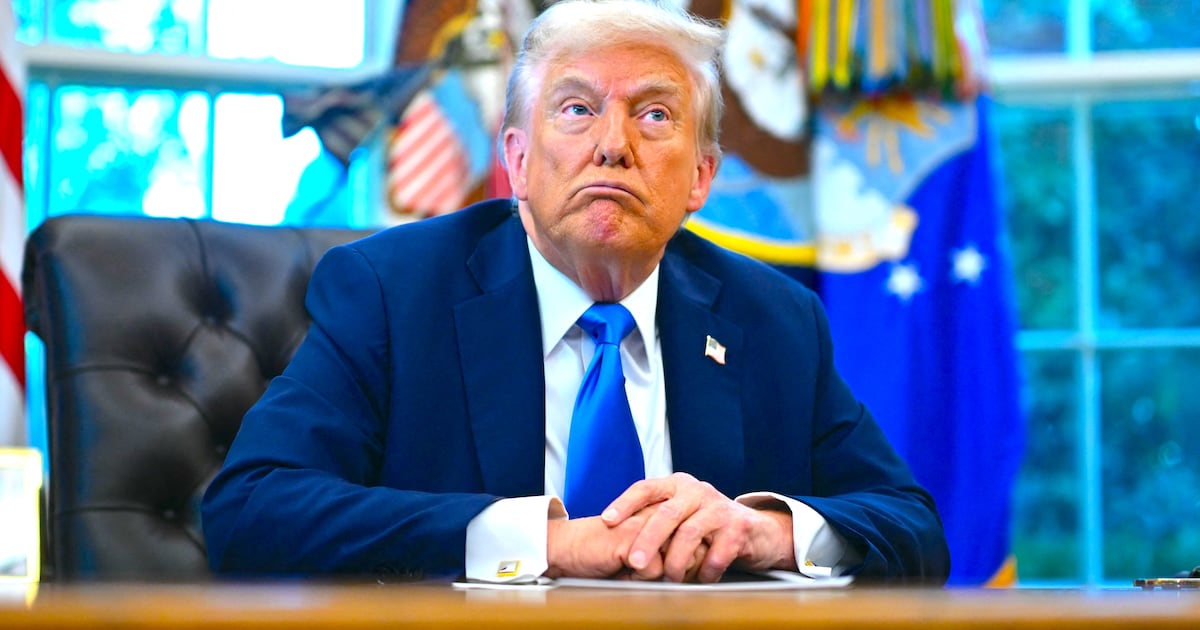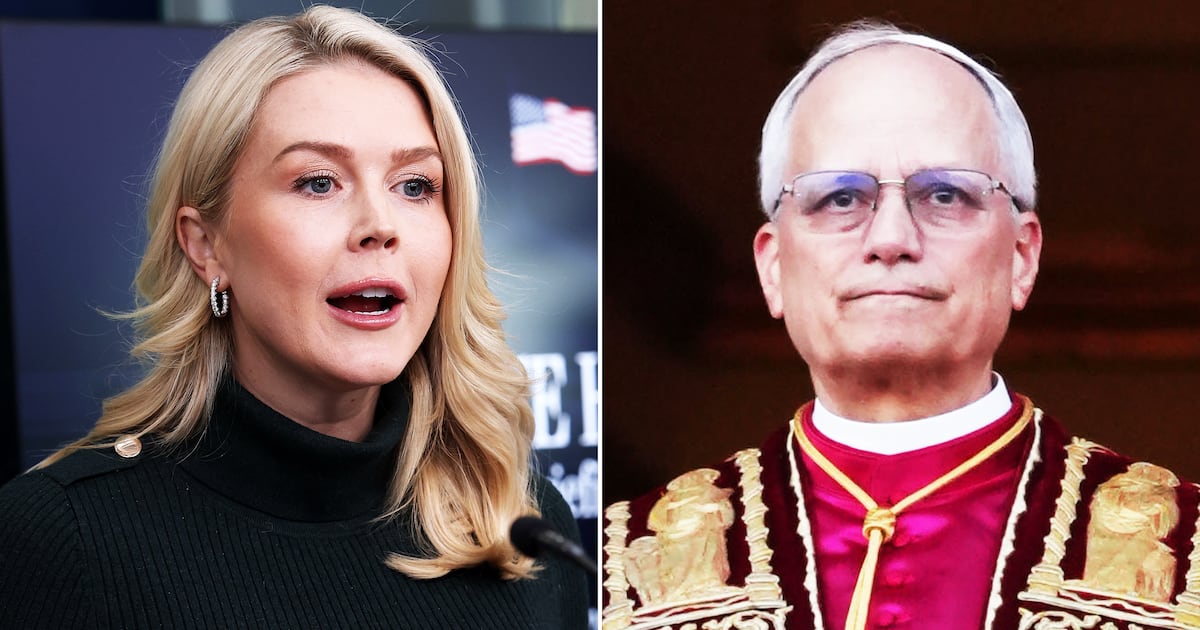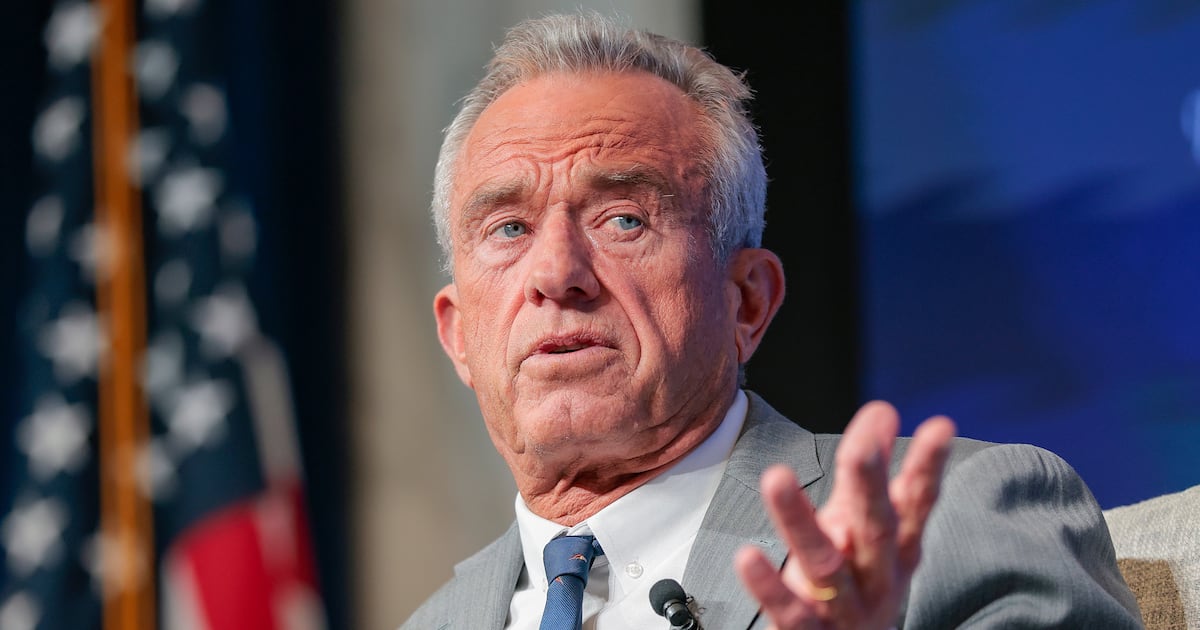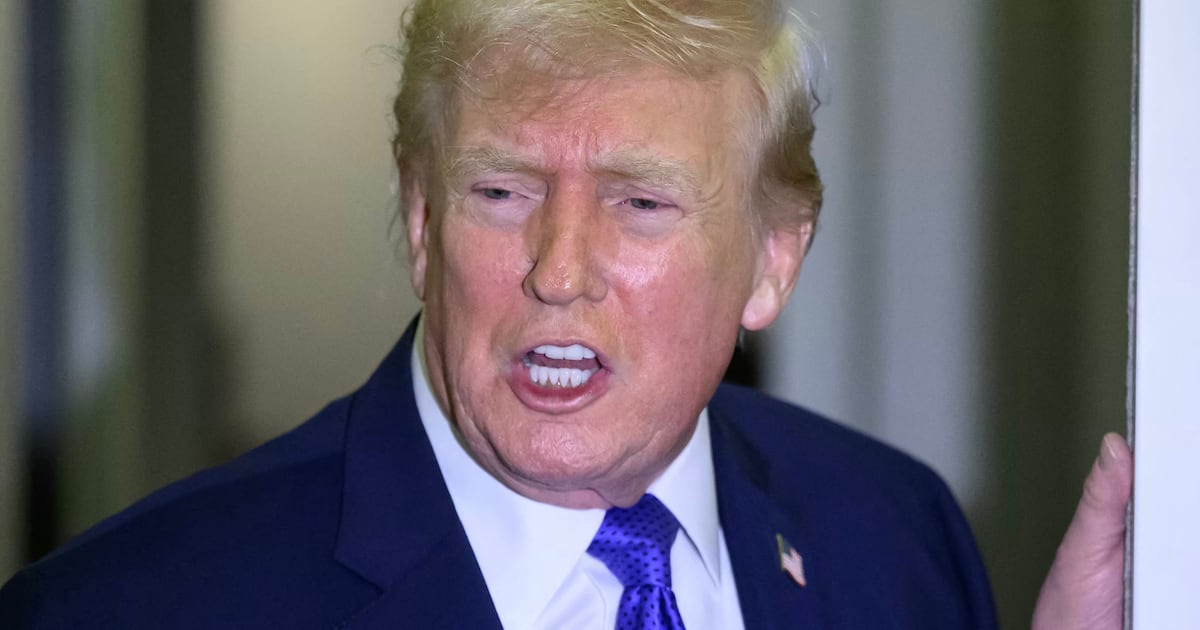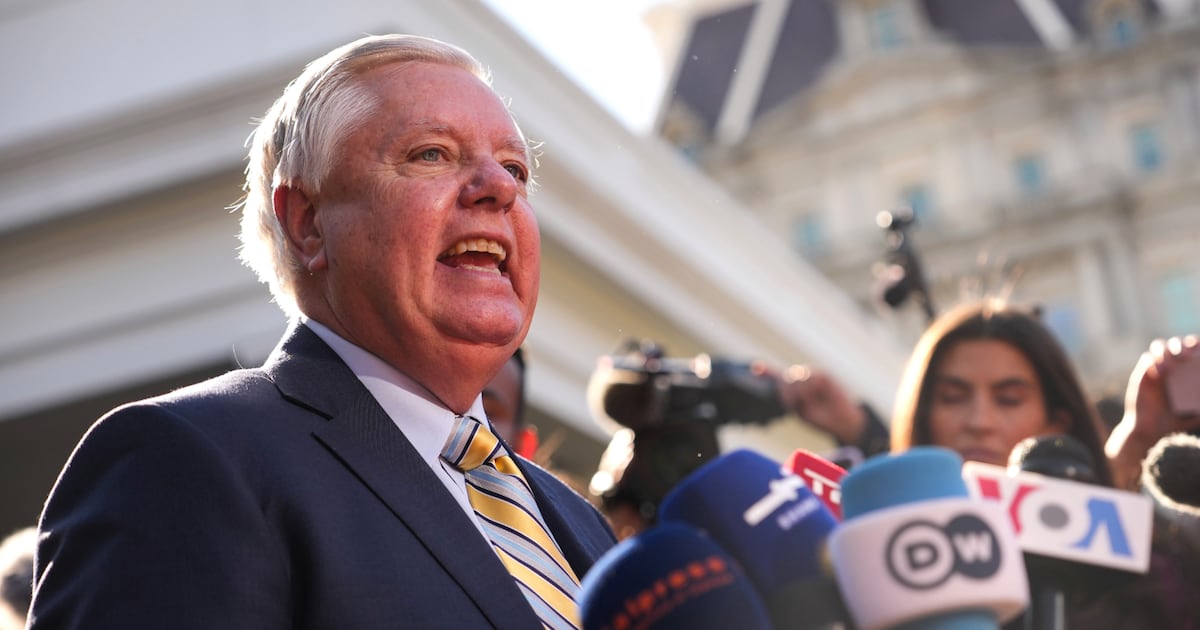Louisiana Gov. Bobby Jindal was probably the smartest candidate in the field this cycle—a Rhodes Scholar who has a superb academic history and a career of policy innovation at the gubernatorial level—but he becomes the third governor to exit the GOP primary, and arguably the most tested. Jindal has dealt with hurricanes and disasters of enormous scale, he has drained the swamp of corrupt Louisiana politics, and he has pushed the issue of school choice to new heights—but he never caught fire in the presidential field. Why is that?
The answer is simple: Reince Priebus.
The lesson of the Scott Walker, Rick Perry, and Bobby Jindal failures is simple: You can’t run a presidential campaign from the undercard stage. When the RNC decided that they would dictate this debate process from on high, allowing the networks to rely on questionable low-response national polls, they hamstrung all of the lower tier candidates—people who had insufficient name ID to compete with the Donald Trumps of the world.
Only Carly Fiorina has escaped this trap, and only barely. But the effect was to leave behind the most successful Republican governor in the nation in Rick Perry; the most effective anti-union executive in Scott Walker; and the most innovative policy mind in Bobby Jindal.
It’s time to ask whether the RNC knew what it was doing. Perhaps Reince Priebus shouldn’t have erred on the side of central planning for the debates, and instead gone for a free-market approach: assigning the debates to various conservative media partners first, then letting them dictate the format and focus.
There are plenty of viable critiques of how Jindal went about his campaign. But the idea that the first three candidates to drop out were the three governors with the strongest record of actual conservative policy accomplishments, while the vanity candidates all remain in the race, is enough to make many Republicans want to press “Reset” on this cycle.
Why did Reince Priebus need to stick to the set debate plan when the field expanded as much as it did? How hard would it have been to say a few months ago “circumstances have changed with all these awesome candidates running, we’re changing the rules?” Was the reliance on national polls handed down on two tablets at Mount Sinai?
Jindal’s record in Louisiana is controversial, in part because in a state which has historically favored patronage culture and a bureaucracy that offered uninterrupted employment for those who backed the right horse, he aimed to destroy the old spoils system.
To a certain extent, his presidential campaign reflected the tug of war between his career choices. Was he the Louisiana populist who hung with the Duck Dynasty folks, or was he the youngest secretary of Health and Human Services the U.S. had seen? Was he the guy who wanted to make the “stupid party” serious, or was he willing to just go with the flow? The technocrat clashed with the populist, and Jindal was never really able to unite the two career paths into one executive narrative. Jindal was torn, and his approach to presidential politics never resolved either path.
Jindal is now likely to turn his head toward the private sector—the same choices likely in the cards for these other former governors, at least until the point (perhaps) they are invited to take a cabinet position. But is that really the best use of what was supposed to be the chief advantage of the Republican field—a group of new fresh faces with enough executive experience to lead a nation?
The upshot of the RNC’s approach to the debating process has been an insulation of the outsider candidates—with fewer debates, Ben Carson and Donald Trump have been able to ignore the hard questions—and there have been very few hard, tough moderators ready to call the candidates on their vague policy positions.
Partly as a result, we have seen serious, smart, electable Republicans like Jindal trying to dumb themselves down in an effort to scoop up the outsiders’ supporters. The Fox Business team was the first to ask hard policy questions of the Republican candidates in any sense, and the prior debates—well viewed as they have been—have left out the obvious policy issues on many counts. A debate about the post-Obamacare reality of health care reform would have put Jindal in his strongest position—but that has not happened, and maybe never will.
The problem with this scenario is that the GOP is rapidly burning through its best resource: a crew of solidly experienced governors who have faced challenges, significant ones, and come through them. Jindal is just one more to add to the body count, and he and the others can place a lot of the blame on the national GOP.


